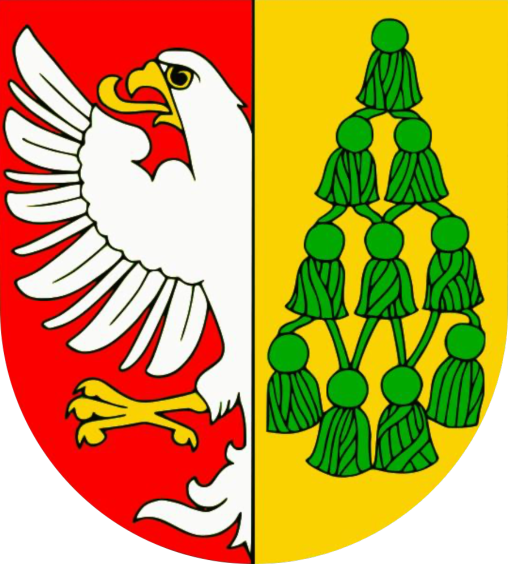Electricity Development Cooperative
The world's first light bulb was lit in 1876 by the almost deaf American T.A. Edison. The cellulose filament bulb or the phonograph were not his only inventions. The famous and tireless inventor stunned the world with much more. He triumphed, for example, with the introduction of a new system of electric light: power station - distribution - electricity to every home.
Almost a quarter of a century passed before this epochal change arrived in Vestec. The issuance of Law No. 438/1919 "On State Support for the Start of Systematic Electrification in the New Czechoslovakia" made it possible to launch a large national programme. However, before 200 light bulbs lit up in Vestec, 7 motors started running and 2 air pumps started working in the taverns, it was necessary to establish the Cooperative for the Development of Electricity (28.1.1920). Names that appear in almost every story we tell - J.E.Dobiáš, Ant. Hrubý, but also newcomers like J.Havlicek, F.Vojtěchovský, V.Táčner, Mr.Kulhavý, 19 members in total with a tribal capital of 50 500Kč. The distribution of electricity in the village had its supporters and enthusiasts and, as it usually happens, also opponents. Already in 1917, several progressive individuals, we can call them eager, had electricity brought to their homes from the Kubelík power station in Michaela. After 1920, other Vestec customers connected to them, with the difference that the original iron line was changed to a copper one and a modern 40 hp transformer was built in place of the old, weak transformer at a cost of CZK 68,666. In addition, lighting fixtures, suspended from brackets, were placed around the village. The price for light current was 3.20 CZK per KWh and for motor current 2.15 CZK.
What about the electrodes? They were recruited by saying: electricity to the house - never. Such conservatives convinced themselves of their truth for a long time, but the brightened households of their neighbours and most of their fellow citizens eventually brought them out of their furiant vanity. But by then, the electrification of the village had long been completed. And so they dug again, cut into the walls and laid the power lines. Then there was really no doubt that electricity meant progress, that it served the people and would eventually dominate the entire twentieth century.
Blanka Pašková, chronicler
